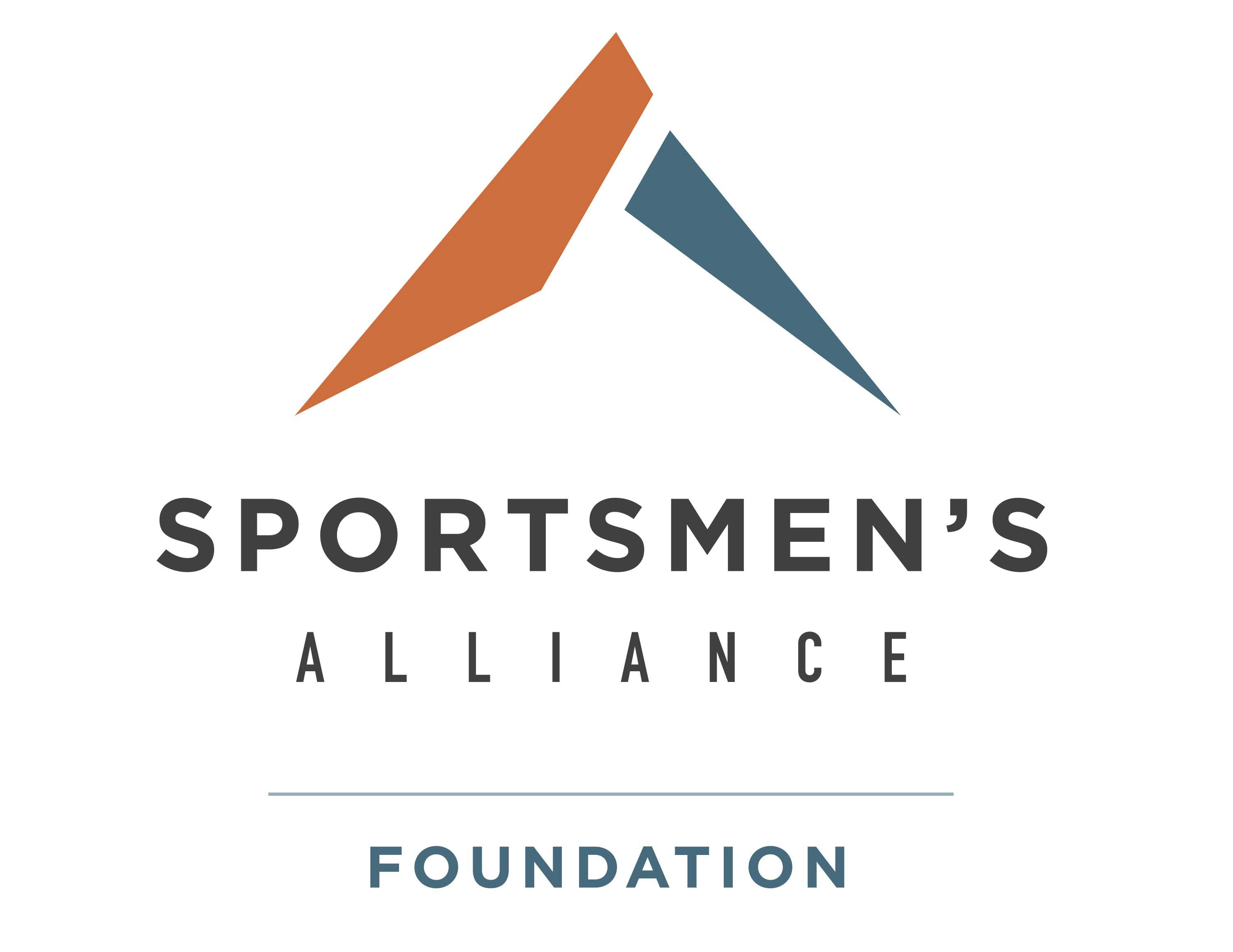HSUS Dupes Donors Into Believing It Takes Care of Animals
GW: For those questioning the tactics as I have aptly described in my recent column, here is some background…
May 9, 2008
(Columbus) -When regional retailer, Meijer, received pressure from sportsmen to sever ties with the animal rights extremists in the Humane Society of the Unites States (HSUS), some questioned why the U.S. Sportsmen’s Alliance (USSA) acted to oppose the partnership.
“Most people simply don’t know that the HSUS is actually an animal rights organization that is opposed to any use of animals for the benefit of humans,” said USSA president and CEO Bud Pidgeon. “The public deserves to know the hidden agenda behind this is to deceive them.”
On April 24, 2008, HSUS, the world’s largest animal rights organization, announced a partnership with Meijer, a regional discount retail chain to raise $5,000 for the organization’s fund to address the purported problem of abandoned pets as a result of the national home foreclosure crisis.
The USSA, a national organization founded to protect the rights of sportsmen, responded with an alert asking hunters to contact the retailer to protest the partnership. Meijer quickly responded by canceling the arrangement. Since that time, some animal welfare activists have questioned why USSA would oppose a partnership alleged to benefit pets.
The Washington DC-based HSUS, raised $100 million dollars according to its 2006 IRS filing. Despite a name that seems tailor made to animal shelters, HSUS is in fact an animal rights organization. Its main function is to change laws that permit Americans to gain any benefit from animals. It advocates for restrictions on livestock farmers, bans on life-saving medical research performed on animals and opposes zoos, circuses and rodeos. Of course HSUS also opposes hunting. The HSUS does not operate or represent the local dog and cat shelters that exist across the United States.
“With a name like the Humane Society of the United States, it’s easy to see why some people believe that there is a connection between it and local animal shelters, which struggle every year to make ends meet,” explained Pidgeon. “HSUS spends the bulk of its money on making contributions to politicians, lobbying, lawyers and expensive 30-second advertisements to promote voter issues aimed at banning various uses of animals.”
The Humane Society uses campaigns, such as the Meijer campaign, as a public relations tool to help it raise its $100 million dollar war chest for its animal rights crusade. Evidence of this is contained within its leadership. Wayne Pacelle, CEO of the organization, is the former executive director of the Fund for Animals, which was the nation’s leading anti-hunting group. Upon accepting the executive job at HSUS, Pacelle announced a merger with the Fund for Animals and quickly hired its most ardent hunting opponents as his top management staff.
The HSUS then swallowed several anti-livestock organizations, hiring their leadership as well. Its takeover of the Doris Day Animal League has given it access to Hollywood dollars, previously the home turf of the radical People for the Ethical Treatment of Animals (PETA).
Unlike PETA, however, Pacelle and HSUS are not interested in making a large public relations spectacle using naked models or making outrageous statements comparing the Holocaust to the slaughter of chickens. Instead, HSUS has launched a series of campaigns that put it in a positive light with animal lovers in general.
Such was the case in 2005, when HSUS created a fund to aid animals stranded as a result of Hurricane Katrina. Later, the Louisiana Attorney General’s office launched an investigation of HSUS when allegations surfaced that the money never made it to the pets in need.
In 2007 it launched a campaign to address the issue of so-called “puppy mills,” abusive large-scale commercial dog breeding operations. Using sentimental images of suffering puppies, the organization is backing legislation in Pennsylvania that would devastate small hobby breeders, dog show kennels and sporting dog enthusiasts. The legislation is so radical that it has been opposed by the American Kennel Club, United Kennel Club and even dog rescue shelters in the state.
“Taking advantage of the American people’s love for their pets, HSUS is able to deceive donors and the public into believing that the organization is in the mainstream of American values,” said Pidgeon. “It is this mainstream image that allows HSUS to raise its 100 million dollar budget to take our hunting and fishing rights away. At the same time, by deceiving animal lovers, HSUS robs financially strapped dog and cat shelters of critical funds needed to actually look after abandoned and abused pets.”
The U.S. Sportsmen’s Alliance recommends that people who want to help real animal shelters give to their local shelter organizations.
“Some animal rights groups masquerade as pet shelters, so donating to a local organization gives the contributor the opportunity to determine how their funds will actually be spent,” said Pidgeon.
The U.S. Sportsmen’s Alliance is a national association of sportsmen and sportsmen’s organizations that protects the rights of hunters, anglers and trappers in the courts, legislatures, at the ballot, in Congress and through public education programs. For more information about the U.S. Sportsmen’s Alliance and its work, call (614) 888-4868 or visit its website, www.ussportsmen.org.





